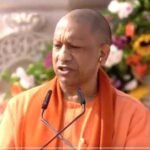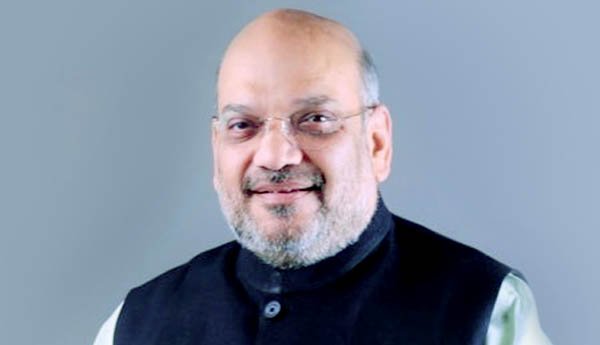New Delhi, Aug 24 (UNI) union Home Minister Amit Shah today underscored the critical role of meaningful debate and discussion in a healthy democracy, asserting that deliberation remains the best medium to address the concerns of the public.
Speaking at the All India Speakers Conference at the Delhi Assembly here, Shah said, “If there are no debates in the Parliament or Legislative Assemblies, these buildings will become lifeless structures.”
He stressed that under the leadership of the Speaker and with active participation from all members, these institutions become vibrant and capable of serving the interests of the nation and the states.
He also called for restraint in parliamentary opposition, stating that while symbolic protests have their place in democracy, the growing trend of disrupting entire sessions in the name of protest is a matter of concern.
“Opposition in the House should be exercised with restraint. Symbolic protest also has its place, but creating traditions where entire sessions are disrupted under the pretext of protest is something the citizens and their elected representatives must reflect upon. Because when discussion ends, the House’s contribution to national development becomes minimal,” Shah said.
Shah asserted that debates must take place through constructive dialogue, not by obstructing proceedings for political gain.
“When Parliament and Assemblies are prevented from functioning due to political interests, real debate does not occur,” he said.
The Home Minister Amit Shah also praised the contribution of Vitthalbhai Patel, highlighting his exemplary role in shaping India’s legislative traditions and democratic institutions.
He said, “The position of the Speaker of the Legislative Assembly is extremely important. It is the responsibility of the Speaker to protect and enhance the dignity of this position, and Vithalbhai Patel fulfilled this duty admirably.”
He stated that “the importance of achieving independence for the country is just as great as the importance of running the country democratically after independence. And it was Veer Vitthalbhai Patel who, based on Indian thought, laid the foundation for running the nation through democratic means.”
Invoking several Indian freedom fighters and leaders who once voiced the aspirations of the Indian people from this very Assembly, Shah said, “From Mahamana Madan Mohan Malaviya to Gopal Krishna Gokhale, Lala Lajpat Rai and Deshbandhu Chittaranjan Das, many great personalities, through their speeches in this House, gave voice to India’s yearning for independence.”
To preserve the legacy, Shah requested the Speaker of the Delhi Assembly to “compile all the speeches delivered in this Assembly by these great personalities and make them available in the libraries of all State Assemblies across the country. This will help today’s youth and legislators understand how the spirit of freedom was ignited in this very Assembly.”
Mentioning Gujarat’s contribution to the country’s democratic journey, Shah said, “When we speak of Vitthalbhai Patel, we people of Gujarat proudly say that the state has given the nation two great individuals. First, Sardar Patel, who worked shoulder to shoulder with Gandhiji in the freedom movement, and second, Vitthalbhai Patel, who laid the foundation of India’s legislative traditions.”
The Home Minister also emphasised the dual responsibility of freedom and governance.
“The importance of achieving independence is just as great as running the country democratically after independence. And it was Veer Vitthalbhai Patel who, grounded in Indian thought, laid the foundation for running the nation through democratic means,” he said.











